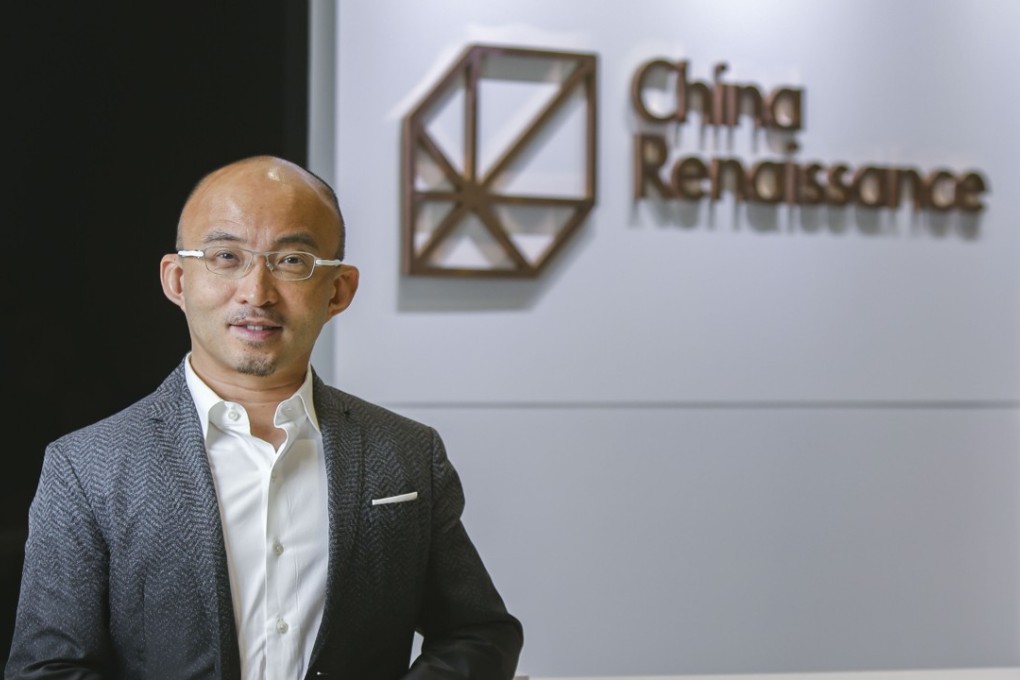Set bar high to prevent abuse of Hong Kong stock exchange listing reform, urges veteran banker
Fan Bao of investment bank China Renaissance says HKEX must take a leaf out of US listing rules and allow only the biggest tech players with dual class shares to list in the city

Hong Kong should only allow exceptionally big technology firms with multiple class share structure to list in the city to prevent poor quality ones from abusing the system, say bankers and lawmakers.
“The new listing rule reform is exciting as it would allow more technology companies to consider the prospect of a Hong Kong listing and allow investors to be able to participate in these new economy companies,” Fan Bao, chairman and chief executive of China Renaissance, a Chinese investment bank that has helped many start-ups and biotech firms to list, told the South China Morning Post in an interview.
“However, it is very important for HKEX [Hong Kong Stock Exchanges and Clearing] to keep the bar high to maintain high standards while accepting a broader range of listing candidates.”
Hong Kong is in the midst of its largest listing reform in decades aimed at lifting the exchange’s attractiveness to compete for more technology firms to list here instead of the US.
From June large biotech firms without revenue and giant technology firms with dual class shareholding structure would be allowed to list.
Dual class share companies allow one class of shareholders to have more voting rights or dividends than other shareholders. These are favoured by many tech firm founders as many of them hold minority stakes but want to have control. Meanwhile, biotech firms usually have no revenue in the research period. The current Hong Kong listing rules do not allow them to list here but they can list in the US.